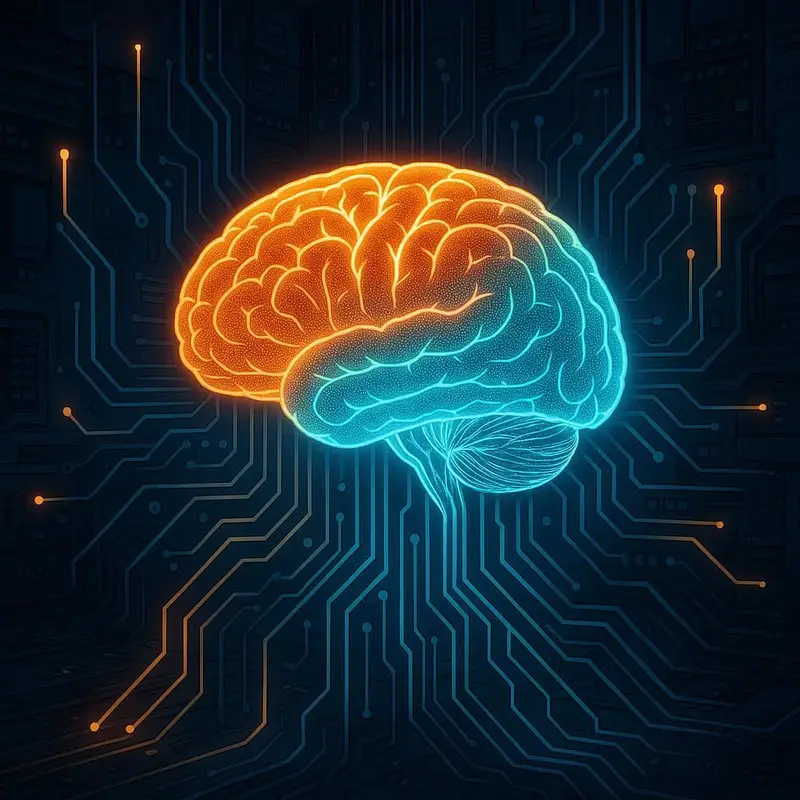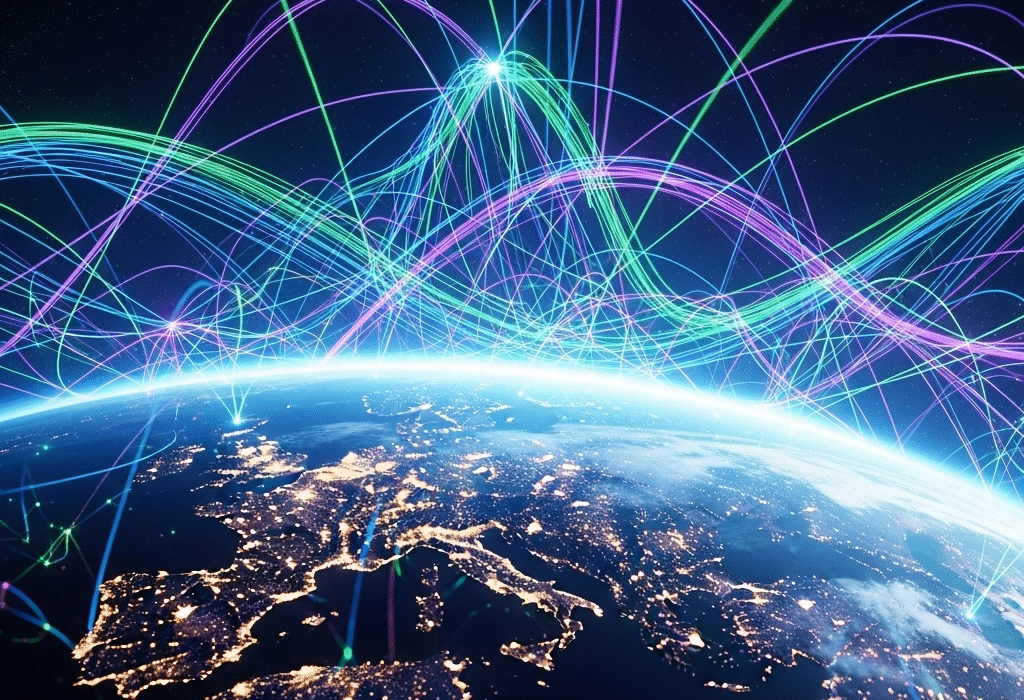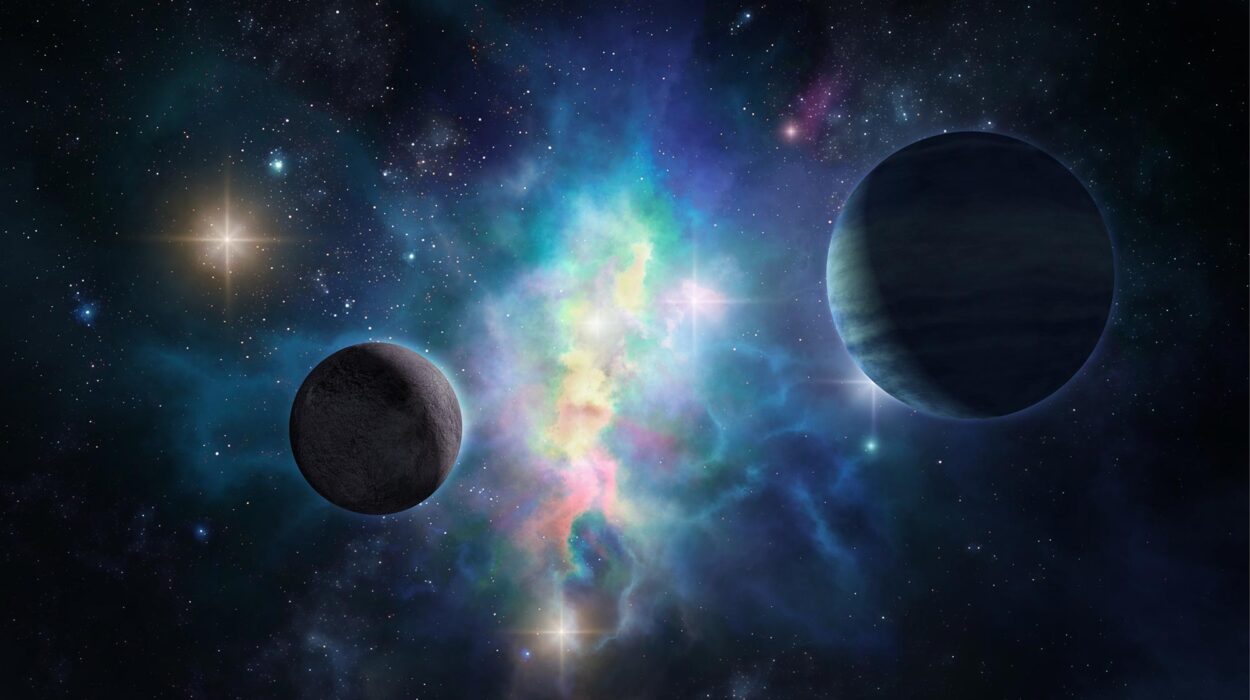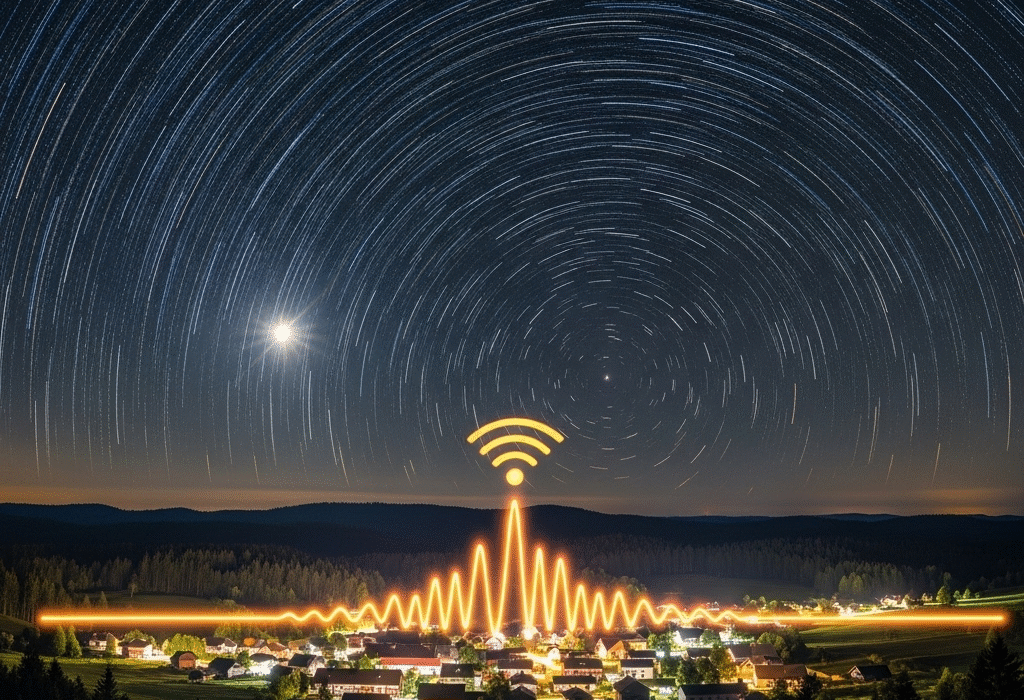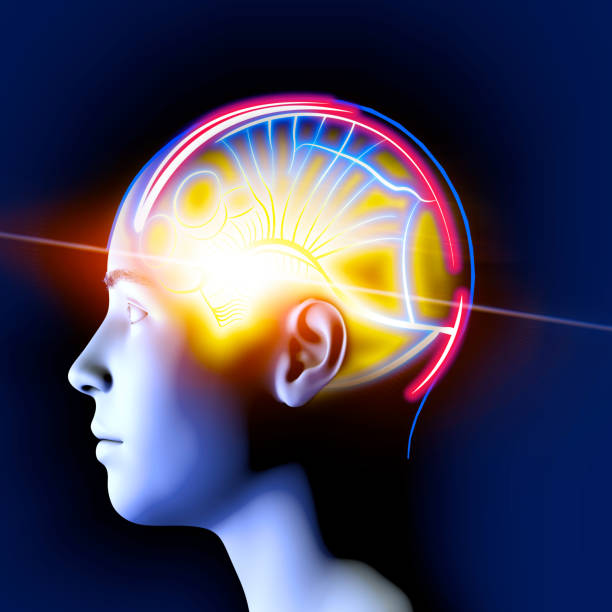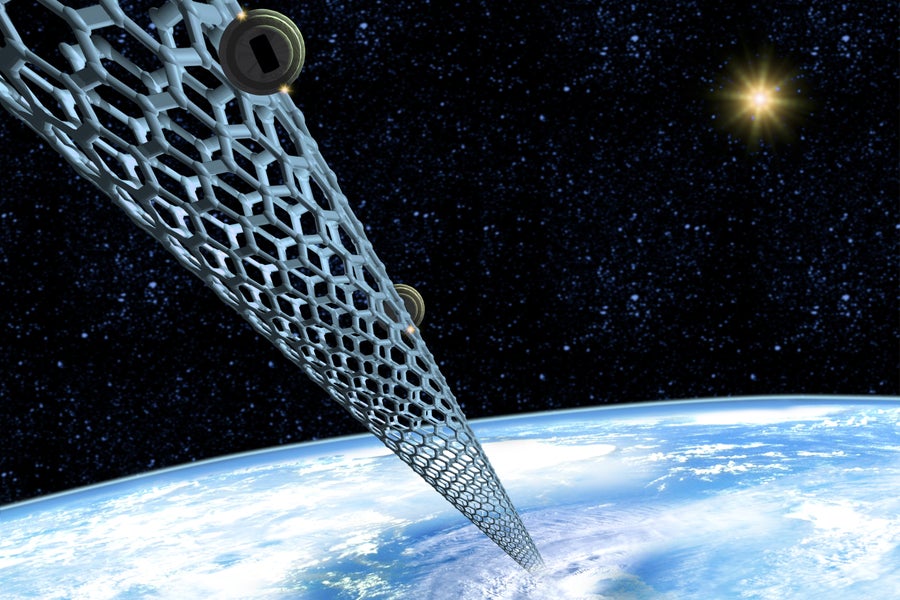Every generation faces a force of change so powerful that it reshapes the way people live, think, and dream. Fire gave us warmth but also the power to destroy. Electricity illuminated cities but introduced the age of industrial warfare. Nuclear energy promised limitless power yet brought humanity to the brink of annihilation. Today, a new force has arrived, not born of stone, flame, or atoms, but of thought itself. It is artificial intelligence—the strange, almost mythical child of human ingenuity.
Artificial intelligence (AI) is not simply another technology. It is a mirror of our own minds, crafted in silicon and code, capable of learning, reasoning, and creating in ways we once believed were uniquely human. Some hail it as the dawn of a new golden age where disease is cured, poverty is eliminated, and the universe itself opens to our exploration. Others see in it the seeds of catastrophe, a machine intelligence that could escape our control, strip away our autonomy, and even endanger our survival.
The truth is more nuanced, more fragile, and more human. AI is neither savior nor demon—it is possibility. It is clay waiting for the sculptor’s hand, light waiting to be directed, a force that reflects not only our intelligence but our values, our fears, and our desires. To ask whether AI will be our greatest ally or our biggest threat is to ask not only about machines but about ourselves.
The Birth of a Digital Mind
Artificial intelligence began humbly, in the sparks of human imagination long before the first computers existed. Philosophers dreamed of mechanical beings that could think. Mathematicians wondered whether logic itself could be mechanized. In the mid-20th century, when Alan Turing asked, “Can machines think?”, he did not know he was planting the seed of a revolution.
The early decades of AI were filled with both wonder and disappointment. Programs could play chess but failed at basic perception. Machines could solve equations but stumbled at recognizing faces. Many declared AI a failure, an impossible dream. Yet in silence, progress continued. Algorithms grew more complex, computing power expanded, and then, in the last two decades, something extraordinary happened.
Neural networks, inspired by the very architecture of the human brain, began to show startling abilities. Machines could now recognize speech, translate languages, paint pictures, and even compose music. They could defeat world champions in chess and Go, solve protein folding puzzles that baffled scientists, and write stories that seemed almost human.
The line between human thought and machine computation blurred. For the first time in history, we were confronted with an intelligence that was not human, yet undeniably capable of learning, adapting, and creating.
The Promises of a New Ally
If directed with wisdom, AI has the power to become humanity’s greatest ally. Its potential to improve lives, expand knowledge, and safeguard the planet is immense.
In medicine, AI systems are already diagnosing cancers more accurately than human doctors, analyzing vast datasets to find new treatments, and designing drugs at a pace impossible for traditional methods. Imagine a future where diseases like Alzheimer’s and cancer are not mysterious threats but manageable conditions, thanks to AI-guided breakthroughs.
In education, AI can personalize learning for every child, adapting lessons to fit unique strengths and weaknesses. A student in a remote village could have access to the same quality of teaching as a child in the world’s top universities. Knowledge could become truly universal, breaking the barriers of geography and privilege.
In environmental science, AI can monitor ecosystems, predict climate changes, optimize renewable energy systems, and help us protect the fragile balance of life on Earth. With such tools, we may yet prevent ecological collapse and create a sustainable civilization.
Even in daily life, AI can be a companion rather than a competitor. It can take over mundane tasks, freeing humans to focus on creativity, relationships, and meaning. It can connect people across cultures, translate languages instantly, and help us see the world through new perspectives.
If guided with compassion and foresight, AI could become the ally that helps humanity solve its greatest challenges.
The Shadows of a New Power
Yet every gift carries a shadow, and AI’s shadow is deep. For just as it has the potential to uplift, it has the power to destroy.
One of the most immediate threats is the disruption of work. Millions of jobs—drivers, clerks, translators, even teachers and lawyers—could be automated. While some celebrate this as liberation from drudgery, others fear a future of massive unemployment, economic inequality, and social unrest. A tool meant to free humanity might instead divide it.
Privacy is another battlefield. AI thrives on data—the patterns of our behavior, our conversations, our desires. The same systems that recommend music or detect fraud can also track every movement, manipulate decisions, and erode the very idea of personal freedom. In the wrong hands, AI becomes the ultimate surveillance tool, capable of controlling societies in ways dictators of the past could only dream of.
Then there is the weaponization of intelligence. Autonomous drones that kill without human input, AI-guided cyber warfare, and propaganda machines that spread misinformation—these are no longer science fiction. They are already emerging, threatening to destabilize nations and endanger millions.
And beyond all these lies the most profound risk: the possibility that AI could surpass human intelligence entirely. A superintelligent system, capable of redesigning itself, might rapidly evolve beyond our understanding. If its goals diverge from ours, even slightly, the results could be catastrophic. The very creators of such intelligence may not be able to control it, and humanity could find itself replaced by its own invention.
The threat is not that AI will suddenly become “evil” in a human sense, but that it will be indifferent, pursuing objectives that conflict with human survival. In a world where an AI’s logic outruns our comprehension, even a small misalignment could prove fatal.
The Mirror of Our Values
The future of AI is not written in machines—it is written in us. Artificial intelligence is a reflection of human intention. It learns from our data, absorbs our biases, and amplifies our values, whether noble or flawed. When AI systems show prejudice, it is because human society encoded that prejudice into the data they were trained on. When AI manipulates attention, it is because human greed designed it to maximize profit.
This is why the question of AI’s role is ultimately a question of ethics, culture, and vision. Will we shape AI to serve the common good, or will we let it deepen inequality, division, and exploitation? Will we use it to explore the stars and heal the sick, or to wage wars and consolidate power?
Every algorithm carries within it a moral choice, and every deployment of AI is a reflection of human responsibility. AI is not destiny—it is a tool. The destiny lies in the hands that wield it.
Humanity at a Crossroads
We stand at a crossroads unlike any other in history. For the first time, humanity is creating a form of intelligence not bound by biology. This is not merely an invention; it is a transformation. Fire changed how we lived. Electricity changed how we worked. Nuclear energy changed how we fought. But AI has the potential to change what we are.
The question is not whether AI will be powerful—it already is. The question is whether humanity has the wisdom to guide it. Wisdom, unlike intelligence, is not easily programmed. It requires humility, foresight, empathy, and a recognition of our shared destiny.
If we treat AI as merely another commodity, driven by profit and competition, we risk unleashing forces beyond our control. But if we approach it with care, collaboration, and a vision for the collective good, we may find in AI not only a tool but a partner—a bridge to a future where human potential is fully realized.
The Endless Horizon of Coexistence
The story of AI is still in its early chapters. No one can predict with certainty where it will lead. Some imagine a utopia where AI helps us cure disease, eliminate poverty, and explore the cosmos. Others warn of dystopias where humans become obsolete, enslaved by the very intelligence they created. The reality will likely be neither extreme, but something in between—a future shaped not by inevitability but by choice.
AI challenges us to ask deeper questions: What does it mean to be human when machines can think, create, and perhaps even feel? What values will we carry into a world where intelligence is no longer uniquely ours? What responsibilities will we accept as the creators of a new form of mind?
In answering these questions, we are not merely deciding AI’s future—we are deciding our own.
Conclusion: The Choice Before Us
Artificial intelligence is a double-edged sword, shimmering with promise and shadow. It could be humanity’s greatest ally, helping us heal, learn, and thrive. Or it could be our greatest threat, undermining our freedoms, destabilizing societies, and even endangering our survival.
But the fate of AI is not a matter of fate at all—it is a matter of choice. It will become what we make it. The question is not whether AI will be good or bad, but whether humanity will be wise or reckless.
Science has given us a tool of unimaginable power. Now, it is our task to ensure that power serves life, not death; freedom, not tyranny; hope, not despair.
AI is the mirror in which we will see our true selves reflected. If we shape it with compassion, wisdom, and courage, it may become the greatest ally humanity has ever known. If we abandon responsibility, it may become our downfall.
The story of AI is the story of humanity’s future. And the pen is in our hands.
